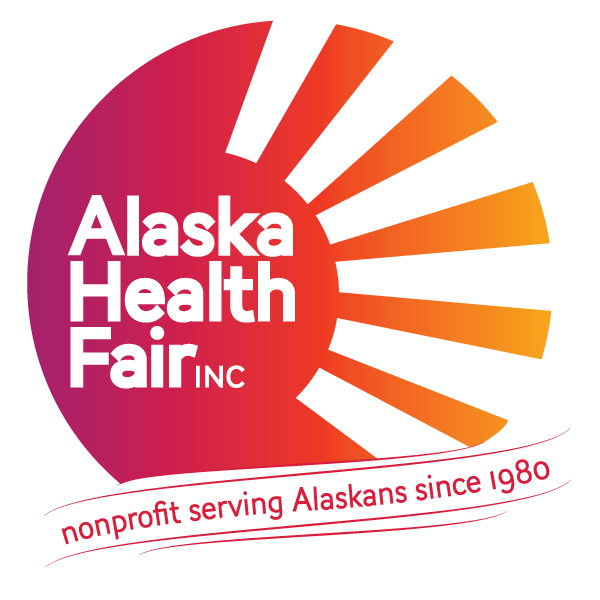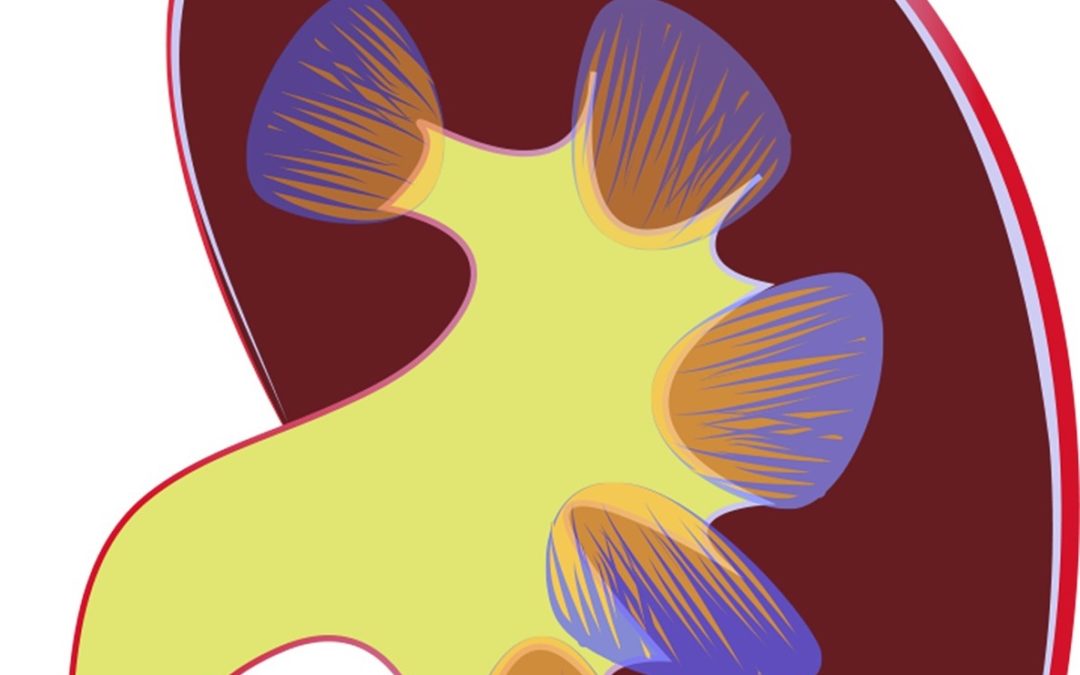Some diseases and conditions put children at risk for kidney disease. The following provides information on risk factors for kidney disease, tests to check for kidney disease and treatment for kidney disease.
What do the kidneys do?
Your child has two kidneys. Their main job is to filter wastes and extra water from the blood. Wastes and water pass through the kidneys and leave the body as urine. The kidneys also make hormones that help the body make blood and keep bones strong.
What is kidney disease?
Infections and other health problems can cause kidney disease. What a child has kidney disease, the kidneys may not work normally. This may lead to a harmful buildup of wastes in the body.
How do I know if my child is at risk for kidney disease?
Your child may be at risk for kidney disease if he or she:
- Is overweight
- Has high blood pressure or diabetes
- Has pain in the back, side or lower belly
- Complains of burning or pain when urinating, has changes in urine, or often wets his or her pants
- Has unexplained fever
- Has swelling in the feet, ankles or legs
- Wakes up with swollen eyelids
- Becomes dehydrated often
- Has a family member with kidney disease
How can I find out if my child has kidney disease?
A urine test can be used to check for kidney disease if your child is at risk. Testing is important because early kidney disease often has no symptoms. Your child will urinate in a cup and the sample will be tested for kidney disease. The urine test checks for albumin. Albumin is a protein in your child’s blood that is too big to pass through healthy kidneys. If your child’s kidneys are damaged, small amounts of protein or albumin can pass into the urine through the kidneys. In general, the more albumen there is in the urine, the more damaged the kidneys are.
Can kidney disease be treated?
Kidney disease has many possible causes. The first step is to learn the cause of the kidney disease. Medicine and other treatments usually can’t undo the damage that has been done but they may help prevent more harm. Your helath care provider may ask you to take your child to a nephrologist—a doctor who specializes in treating patients with kidney disease.
Reference: National Kidney Disease Education Program
Linda Vlastuin, RN,MS
Kidney Health Educator
Alaska Health Fair, Inc. and Alaska Kidney Foundation

